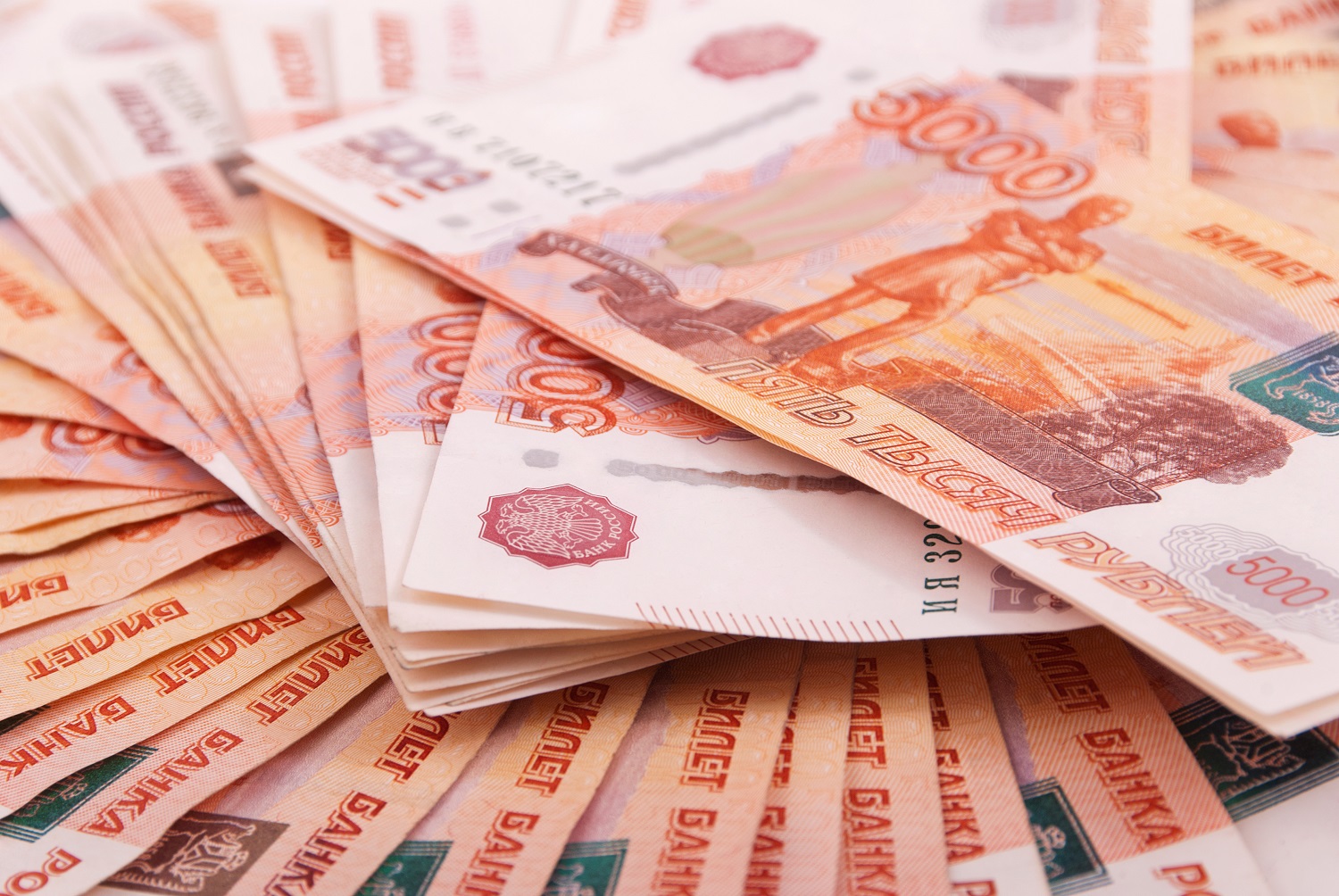Digital Ruble Scammers ‘Target Russians in Multiple Regions’

Digital ruble scammers have reportedly struck in multiple Russian regions, with fraudsters apparently hoping to dupe citizens who do not yet fully understand how the CBDC works.
Media outlets around the country say that scammers are sending citizens emails that use commercial and Central Bank logos.
The emails claim that if citizens do not “convert” their savings to digital rubles, they will lose everything.
Other scammers are posing as bank officials, claiming to have selected citizens to take part in digital ruble trials.
In both cases, media outlets say, scammers have been trying to navigate people onto phishing sites, where they attempt to gather sensitive personal and financial data.
Per Vecherniy Vedmosti, one of the scams appears to have operated in the Sverdlovsk Oblast, the area around the city of Yekaterinburg, in the Ural Federal District.
The media outlet wrote that residents of the Sverdlovsk Oblast are “being sent fake messages about the transfer of funds to CBDC format, with some requesting “the collection of biometric data.”
Scammers are also reportedly sending people in the region text messages and social media messages, with some posing as Multifunctional Center (MFC) officials.
In Russia, MFCs are local centers that provide state and municipal services to residents.
The region’s information policy department chief stated:
“There is no procedure for transferring residents’ [conventional fiat funds] to digital rubles. Accordingly, there is no need to visit local MFCs or apply to hand over biometric data.”

Digital Ruble ‘Scammers’ Looking for Targets in Russian Regions?
A similar scam appears to have been launched in Murmansk, a city in Northwestern Russia.
According to TV21, Aleksey Andreev, the deputy manager of the Central Bank’s Murmansk region branch, warned people in the area to be “vigilant” of “fraudsters” who are “taking advantage” of the “situation.”
Andreev said that “no emails about the digital ruble” would be “sent to citizens” during the pilot.
He warned that emails from “banks, especially from the Central Bank” were likely scams.
And the deputy manager said:
“Any offers to perform transactions with digital rubles are fraudulent. Scammers […] are trying to either intimidate citizens by claiming they will lose their savings, or are offering [fake] ‘unique opportunities’ to use the digital rubles in favorable […] conditions.”
The digital ruble “real-world” pilot began on August 15, with 600 citizens in 11 cities allowed to make transactions with the coin.
However, surveys have shown that many Russians appear to be confused by the news of the token’s release.
One study found that almost a third of respondents thought the CBDC was “some kind of a scam.”




